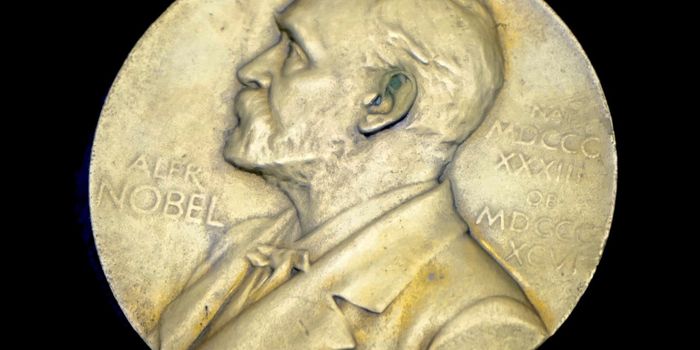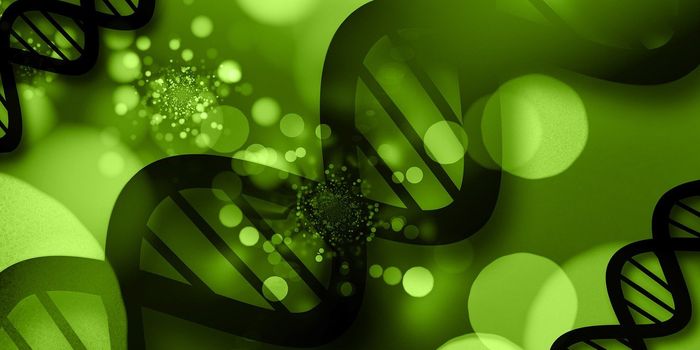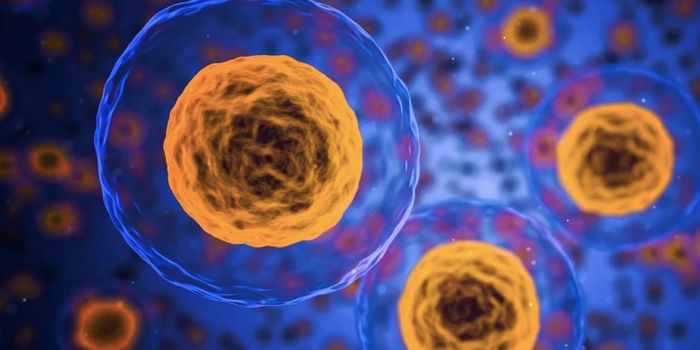Violet Extract Boosts Brain Cancer Drug's Performance
Cyclotides are small, ring-shaped proteins produced by plants to defend themselves from certain insect pests and bacteria. Now, scientists say they could also help boost the effectiveness of chemo drugs for treating brain cancer.
Previous studies have shown that these plant peptides complement other oncology pharmaceuticals—they can improve the performance of doxorubicin against breast cancer cells.
Glioblastoma is a very aggressive and often lethal form of brain cancer—after receiving a diagnosis, patients’ median survival time is around a year. There is only one approved chemotherapy for glioblastoma on the market: a drug called temozolomide, or TMZ. Sadly, half the patients have glioblastomas resistant to TMZ, and the other half can develop resistance relatively early in their treatment cycles.
A recent study provides a light at the end of the tunnel. A combo of cyclotides and TMZ increases the tumor-killing potency of the treatment by up to eight-fold. “Phase contrast microscopy of glioblastoma cells exposed to cyclotides alone and coexposed to TMZ indicated shrunken, granular cells with blebbing, and the most pronounced effects were observed with coexposure treatments of cyclotides and TMZ,” wrote the authors.
The researchers say this is cause for optimism.
“We think we are on a path that could lead to better treatment of glioblastoma in the future,” commented research lead Samantha Gerlach.
Still, these findings are based on experiments performed in cell culture systems. Validating them in animal models is a critical next step towards understanding the true clinical potential of cyclotide-based treatments in brain cancer patients.
The problem? Cyclotide-producing plants such as violets produce such minute amounts of the compound. Extracting enough of the chemical to test in animals would require large quantities of violets and a process that could take months.
Unfazed by these obstacles, the team continues with their work to identify better clinical strategies for saving the lives of glioblastoma patients.









